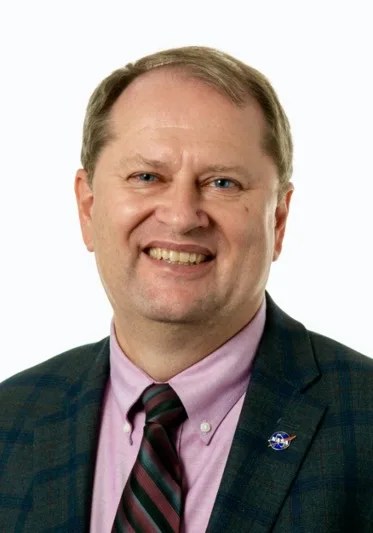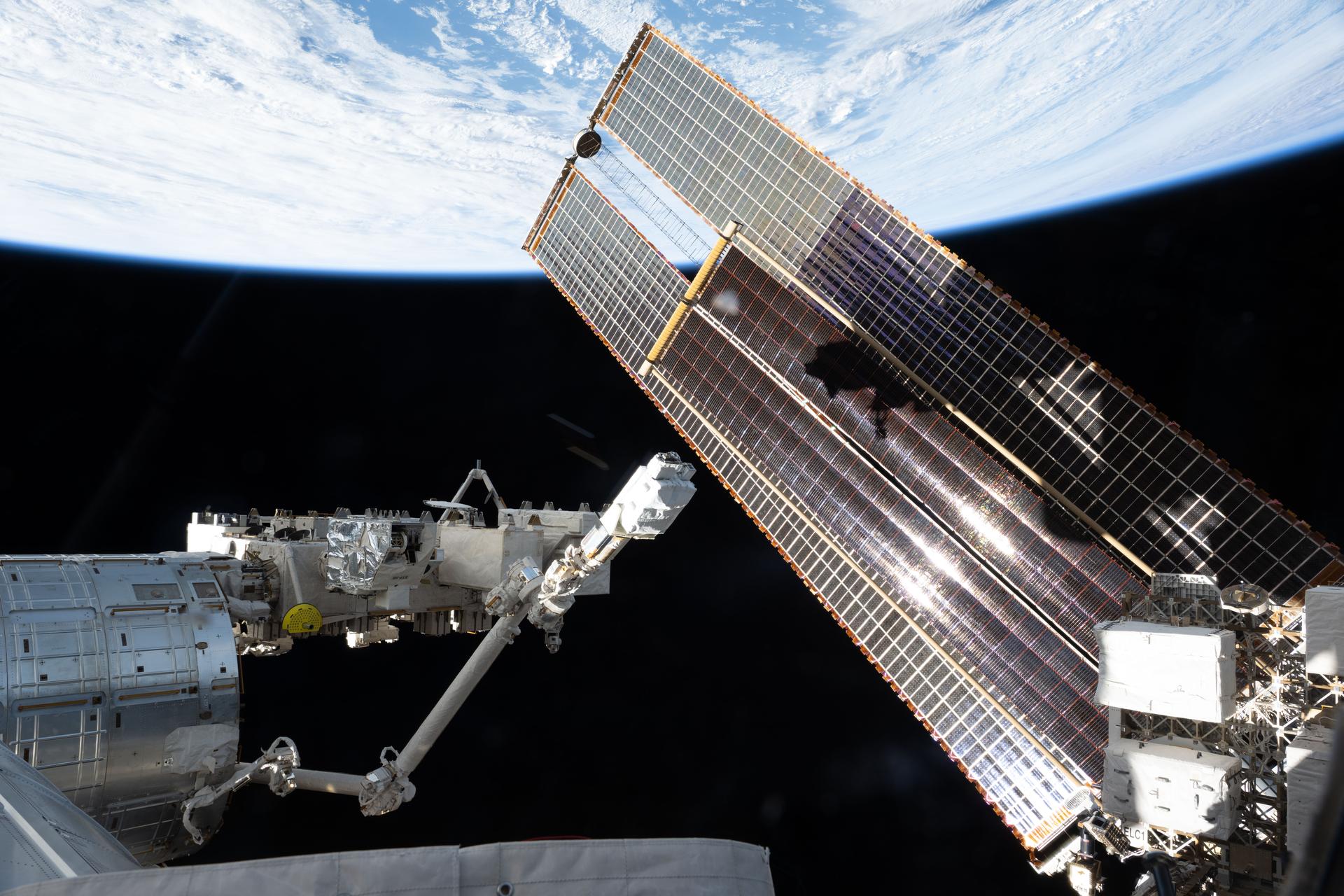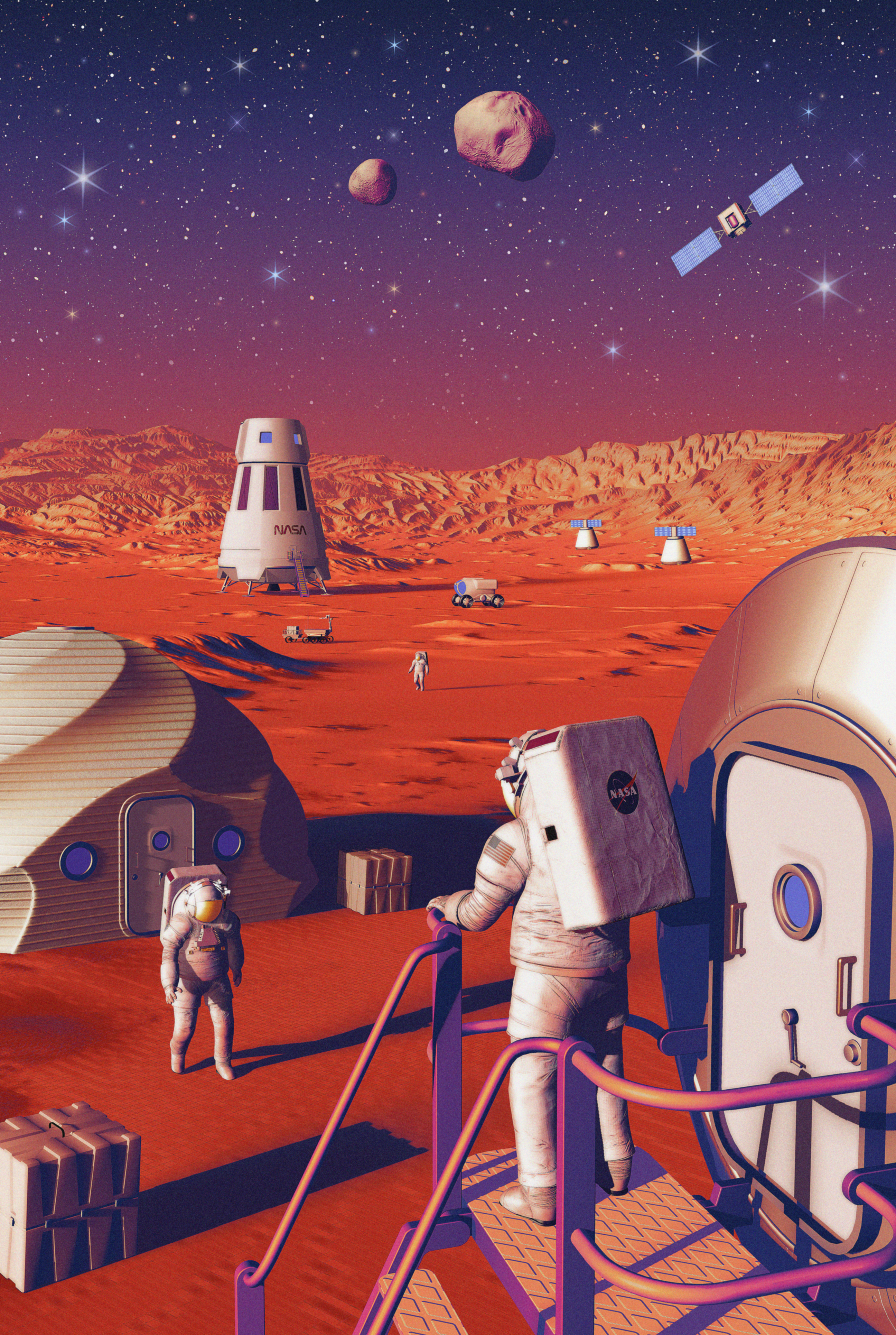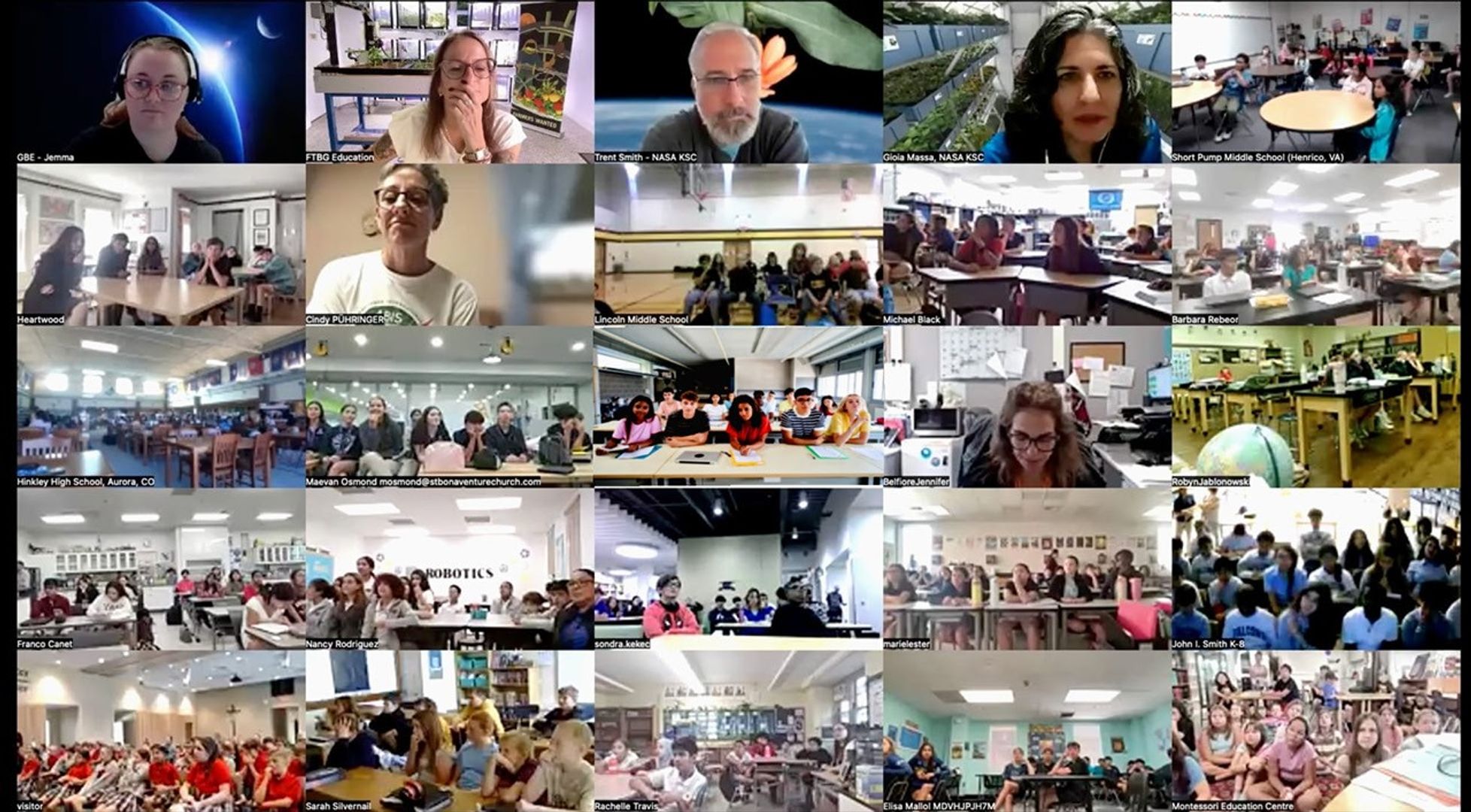One of the prime challenges facing future space exploration is how to grow and sustain plant life beyond the bounds of Earth. There are different gravity levels on the Moon and Mars to consider, different levels of radiation, different wavelengths of light – all of which need to be better understood before we can hope to colonize these new worlds. Dr. John Z. Kiss is one of the biologists selected by NASA’s Biological and Physical Sciences Division, to help provide that understanding.
Dr. Kiss was the Co-Principal Investigator (Co-PI) for the Seedling Growth project, a NASA supported series of plant biology experiments onboard the International Space Station. During 3 separate missions, Dr. Kiss studied how plants react to different levels of gravity and light in conditions similar to those we’ll find on the Moon and Mars. But what made these experiments truly unique was the international team behind them. As NASA’s Biological and Physical Sciences Division chose Dr. Kiss to be their Co-PI, the European Space Agency chose Dr. F. Javier Medina as their Co-PI. The two biologists then assembled an international team from the USA, Spain, France, Germany, Norway, and the Netherlands. The result? Their combined work over a four-year period was so influential that the two scientists were recently awarded one of the highest honors in the global science community: The COSPAR Medal.
COSPAR – the Committee on Space Research – only bestows four medals biannually. Dr. Kiss and Dr. Medina won the COSPAR International Cooperation Medal – a “humbling” experience according to Dr. Kiss.
Dr. Marianne Steele, a NASA contractor with Wyle Labs, served as the Deputy Project Manager and Project Manager for all of Dr. Kiss’ flight studies. She’s not surprised that he won this particular COSPAR Medal: “He is open and free in sharing knowledge. He works together with his peers and his coworkers to go beyond his individual research. He is also passionate about students and passing information on to the next generation. Those are the qualities you need to engage in international cooperation.”
Dr. Kiss and his team uncovered a prodigious amount of new knowledge about plant life in Space. As the COSPAR medal nominating committee noted: “[The Seedling Growth] project resulted in outstanding scientific output (24 peer-reviewed publications plus 62 published abstracts) from a spaceflight project with plants and allowed for a fantastic training opportunity for graduate students and post-doctoral researchers. The number of publications in peer reviewed journals and scientific presentations is among the highest for any life sciences spaceflight project to date.”
The new knowledge gained by Dr. Kiss and his team is also relevant for how plants could behave on Earth. As he notes: “I'm a firm believer that if you do good basic research, ultimately that'll be applied to practical applications. Growing plants on the Moon or Mars will be under stressful environments. There are also plenty of stressful environments on earth, especially now due to climate change and increased salinity in soil. So, I think understanding how plants adapt to microgravity responses, or how their gene expression changes in space, can be applied to stressful conditions on Earth.”
Dr Kiss’ investigations were supported by NASA’s Biological and Physical Sciences (BPS) Division as part of its mission to pioneer scientific discovery and enable exploration. To learn more about Biological and Physical Sciences (BPS) research initiatives, go to: https://science.nasa.gov/biological-physical.




































